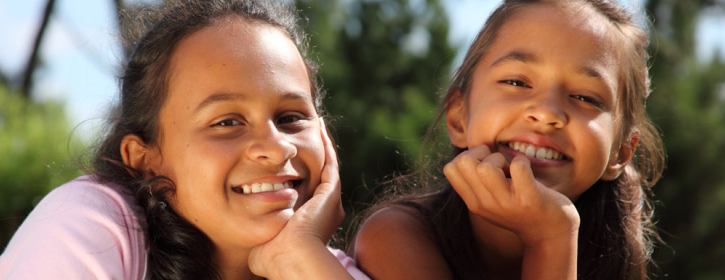Other SNAP® Programs

You are here
In addition to SNAP® Boys and SNAP® Girls, a number of other SNAP programs have been developed:
SNAP® Youth Justice
SNAP Youth Justice aims to reduce the risk of further contact with the law and/or gang membership among males between the ages of 12 and 19 who are involved in the youth justice system, either in custody, on probation and/or in the community.
Camp Wimodausis
Camp Wimodausis is a specialized SNAP day camp for children ages 6 to 11 whose social and behaviour problems would otherwise prevent them from attending a summer day camp. Three summer sessions in July and August are offered on a first-come, first-served basis. Children may attend one two-week session, with a maximum of 20 children enrolled in each session.
The program is highly-structured to maximize opportunities for success. In small groups of six, with two qualified counsellors, children learn to use SNAP to manage their behaviour, exercise self-control and resolve problems. Children participate in fun and educational activities including arts and crafts, sports, music, swimming, special interest clubs, weekly field trips, nature hikes and theme days.
Camp Wimodausis also offers a Leaders-in-Training (LIT) program for youth who are participating in the SNAP Youth Leadership programs.
The camp is held at CDI’s St. Clair Gardens location. It is offered free of charge.
SNAP® for Indigenous Communities
The SNAP for Indigenous Communities model was developed as a result of the sharing of knowledge, experience, wisdom, challenges and successes from our Indigenous partners and community advisors. SNAP is currently being replicated in the Waswanipi and Mistissini communities, Quebec; the Shawanaga and Wasauksing First Nations, Ontario; Prince Albert Métis Women’s Association, Saskatchewan; Bigstone Cree Nation, Oski Pasikoniwew Kamik and Alexander First Nations, Kipohtakaw Education Centre, Alberta; and Youth Achievement Centre, Yukon.
To assist Indigenous community members with implementing the program, the SNAP Facilitator’s Guide for Indigenous Communities was developed in partnership with the Anishinabek Police Service, Shawanaga First Nations Education Department and Native Child and Family Services in Toronto. The guide ensures the program is culturally safe and relevant, aligned with the values and beliefs of local communities and introduced and presented in ways that are welcoming.
“Our family has benefitted from SNAP. I think that many other children in the classroom have also benefited from the program's impulse control and anger management strategies.”
Parent of a SNAP for Schools participant



